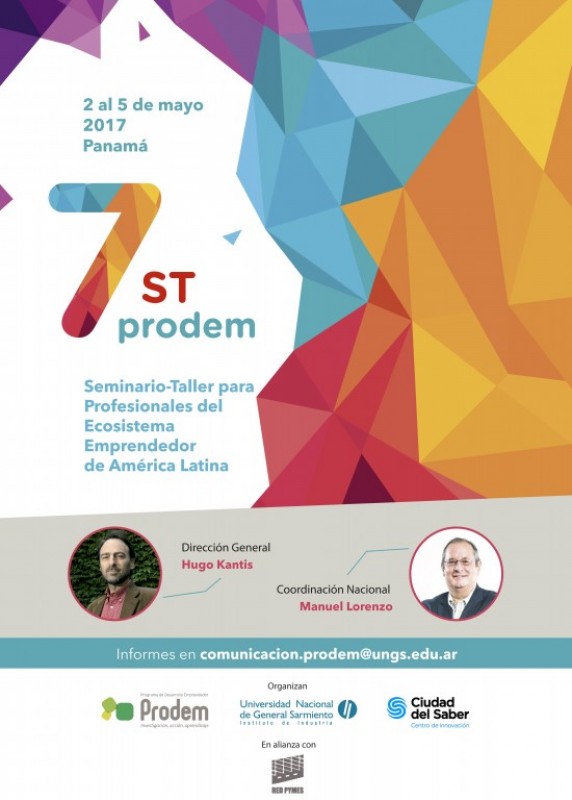n el marco de la edición 2016 del premio Startup Nations Award for Groundbreaking Policy Thinking, el GEN (Global Entrepreneurship Network) eligió las 5 contribuciones más importantes al pensamiento sobre emprendimiento y política a nivel global. La presencia de América Latina se destaca a través de la inclusión del director de Prodem, Hugo Kantis, cuya conceptualización pionera del emprendimiento dinámico y del enfoque sistémico y su influencia en las políticas de la región ha sido reconocida por GEN. Kantis estará esta semana en Cork, Irlanda, para participar de la ceremonia de la entrega del premio.
En el marco del Startup Nations Award for Groundbreaking Policy Thinking, la Global Entrepreneurship Network (GEN) ha dado a conocer las cinco contribuciones más destacadas a nivel global por su aporte innovador al fomento del emprendimiento.
Según la Directora de Política e Investigación de la GEN, Cristina Fernández, “Mentes dedicadas y brillantes de todo el mundo están trabajando duro para ayudar a crear el entorno adecuado para avanzar en el crecimiento empresarial a través del liderazgo intelectual en la formulación de políticas. El Comité de Selección de alto nivel seleccionó a estos finalistas por su probada trayectoria en el diseño e implementación de proyectos e iniciativas innovadoras con gran potencial para ser replicado en otros lugares”.
Entre estas contribuciones se destaca la presencia de América Latina a través de Hugo Kantis, Director de Prodem. Junto a él se encuentran importantes personalidades a nivel mundial tales como Zoltan Acs (Fundador del Global Entrepreneurship Development Institute – GEDI, Estados Unidos), Yung-ku Ha (Presidente de Banks Foundation for Young Entrepreneurs – Dream Bank, Corea del Sur), Efka Heder (Directora del South East European Centre for Entrepreneurial Learning – SEECEL, Croacia) y Caleb Carr (Presidente del Students for Intellectual Property Rights, Nueva Zelanda).
Los criterios que fueron tenidos en cuenta para la selección abarcan desde el nivel de contribución a la generación de nuevas perspectivas o áreas de política para discutir la iniciativa empresarial como el grado de colaboración del candidato en adaptar recomendaciones de política para diferentes ecosistemas, en modificar los discursos públicos sobre startups y scale ups y en presentar una investigación sólida sobre lo analizado.
A continuación un extracto con más detalles sobre las contribuciones seleccionadas por GEN según la fuente original de la noticia:
Finalists Announced for the Startup Nations Award for Groundbreaking Policy Thinking
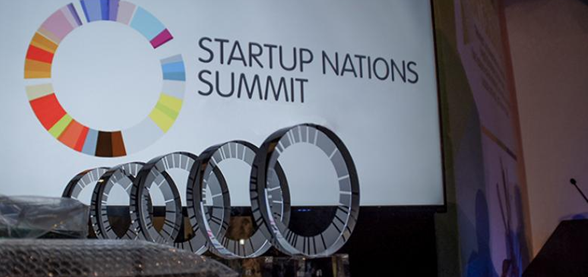
The Global Entrepreneurship Network announced five finalists for the Startup Nations Award for Groundbreaking Policy Thinking. The award recognizes individuals or organizations for their instrumental analysis, innovative policy approaches or groundbreaking program concepts that significantly expand the frontier of entrepreneurship policy thinking around the world. The award is one of three Startup Nations Awards that will be presented at the Startup Nations Summit Gala on Saturday, Nov. 19, in Cork, Ireland. The winner will be the second recipient of the Award, which was first introduced last year, when Neelie Kroes, former Special Envoy for Startups of The Netherlands, emerged as winner.
This year’s finalists for the Groundbreaking Policy Thinking Award hail from five different continents and cover a variety of initiatives including revolutionizing intellectual property ownership at universities and transforming how we look at entrepreneurial ecosystems by providing metrics to map and measure them. Below are the five finalists for the 2016 Startup Nations Award for Groundbreaking Policy Thinking.
Ms. Efka Heder – Director, South East European Centre for Entrepreneurial Learning (SEECEL) – (Croatia)
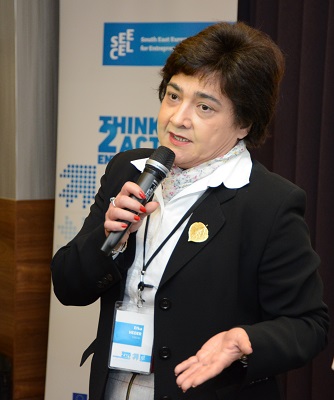
Ms. Heder was selected as a finalist for her work and commitment toward scaling entrepreneurship education efforts across Southeastern Europe, and fostering regional stability through cross-border entrepreneurship education collaboration. Despite a context of political instability and socioeconomic challenges in the Balkans, Ms. Heder elevated entrepreneurial learning as a priority policy area – resulting in a unique combination of national ownership, regional cooperation and policy learning.
Dr. Hugo Kantis – Director, Entrepreneurship Development Program (PRODEM) – (Argentina)
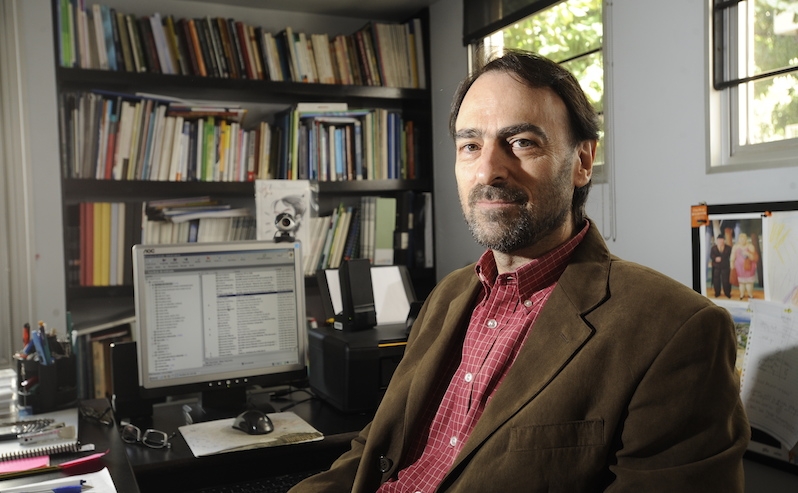
Dr. Kantis is recognized for devoting his career to narrowing the knowledge and talent gaps to foster high-impact entrepreneurship ecosystems in the Latin American region. Specifically, he has led a multi-pronged effort to shift the policy mindset of a whole continent from a focus on microenterprises towards the more ambitious aim of promoting dynamic entrepreneurship from a systemic perspective. His achievements elevated the concept of evidence-based policymaking, as well as encouraged regular regional knowledge exchange to more effectively support entrepreneurs.
Mr. Caleb Carr – President, Students for Intellectual Property Rights – (New Zealand)

Mr. Carr is pursuing a bold policy notion: that students can keep their intellectual property (IP). While studying at the University of Colorado, he learned that 75 percent of his startup’s technology would be owned by the university, irrelevant of whether he used university funds or not. Upon investigating the issue and realizing that it has had an impact on young entrepreneurs for decades, he embraced a policy battle with a vision of protecting the value that entrepreneurship can add to a student’s life. His efforts have revolutionized the notion of IP ownership at the state and university levels in the United States.
Dr. Zoltan Acs – Founder, Global Entrepreneurship Development Institute (GEDI) – (United States)
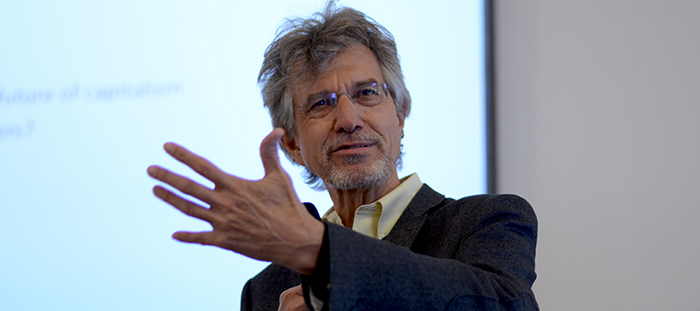
Dr. Acs is recognized for his dedication to tracing and benchmarking the development of entrepreneurship ecosystems globally. In particular, he has pushed the envelope on improving indices to more accurately capture the reality of entrepreneurship ecosystems, moving measurements beyond new firm counts and self-employment data to a combined approach that captures both individual and institutional factors when evaluating ecosystem performance. His work has helped several governments and multilateral agencies work on entrepreneurship as a development tool.
Mr. Yung-ku Ha – Chairman, Banks Foundation for Young Entrepreneurs (Dream Bank) – (South Korea)
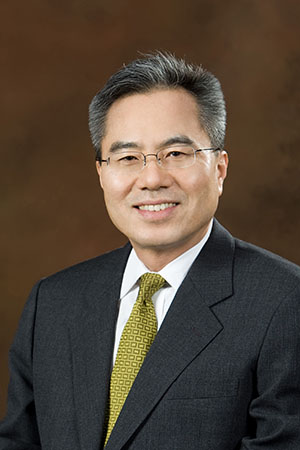
Mr. Ha has shown extraordinary commitment to creating a pipeline of Fintech entrepreneurs via a multi-faceted approach and stakeholder involvement. In cooperation with Korea’s major banks, passionate entrepreneurs, investors, government leaders, universities, and global partners, Mr. Ha opened a market for fintech startups. Inclusiveness has been critical in his strategies. Mr. Ha has patiently worked with conservative institutions to convince them to embrace innovation even in traditional sectors.


